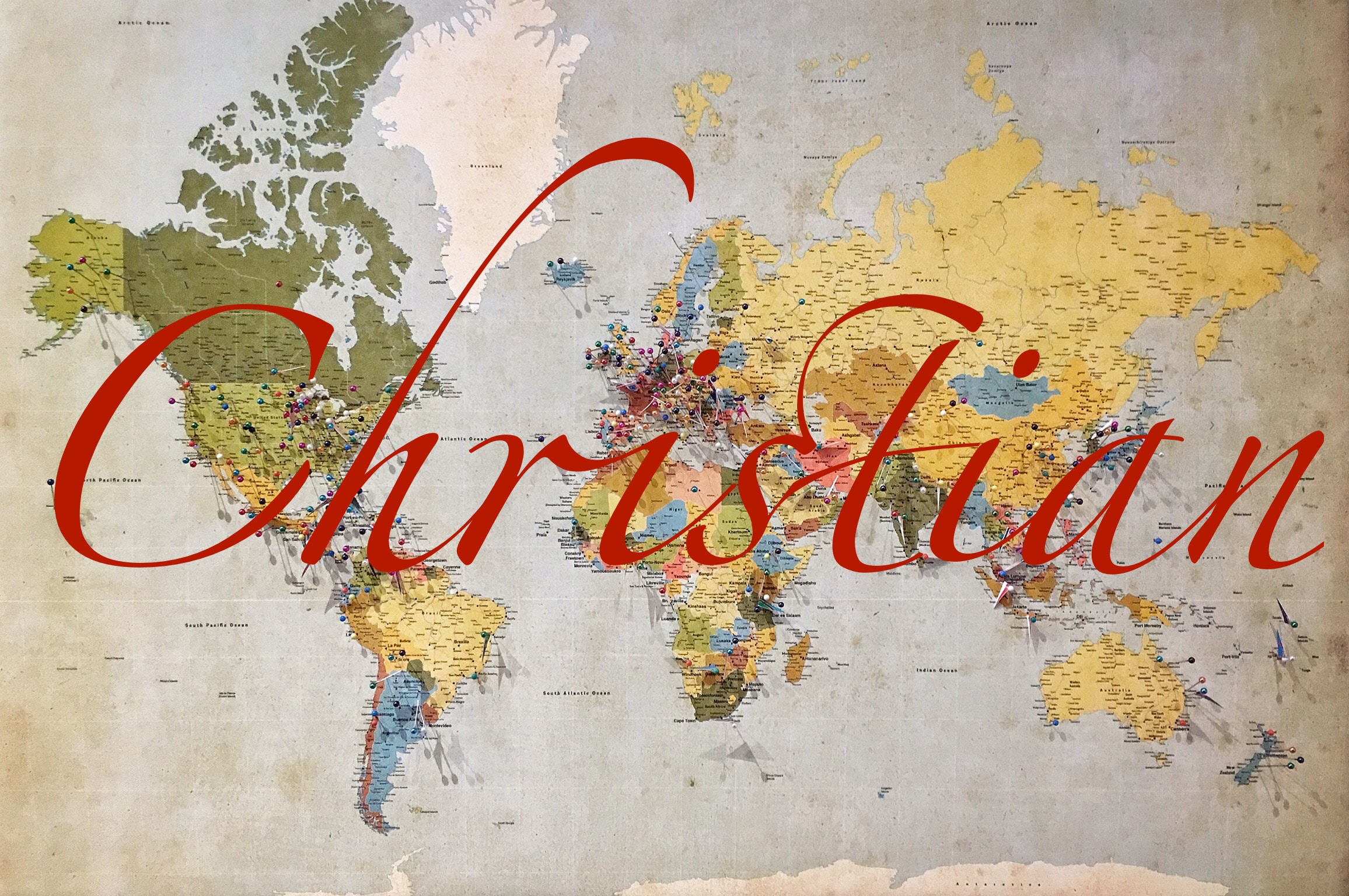“Christian Nationalism” has been a hot topic and a mixed bag over the past year or so. Intramural debates and social media wars are fought over theological foundations, hermeneutical presuppositions, implementation of Christian Nationalism, and even race concerning what constitutes a nation. While the answers to all those questions are important, I believe it is inarguable that Jesus, who has all authority in heaven and on earth and was promised the nations for his inheritance (Ps 2), not only desires but also commands that nations be Christian.
Before he ascended to heaven after his resurrection, Jesus, standing on a Galilean mountain, told his disciples that all authority in heaven and on earth had been given to him. He is Lord over all creation. The nations of the earth are to acknowledge and submit to his lordship. Kings and all those in authority are to pay him tribute as vassals; that is, they are to acknowledge his lordship through offerings that are, in effect, a tax that recognizes that he owns everything and that they exist by his sovereign grace (Ps 72:10-11; Rev 21:24).
At the time of Jesus’ words, even though all nations were under his authority, they did not recognize his authority. This is where the disciples and the church of which they were the foundation would come in. Jesus commissions his church to “disciple the nations.” He does not say, “make disciplines within the nations,” “witness to people,” or “preach the gospel.” All those are included, but they are subsumed under a grander mission that takes up the original cultural mandate given to the first man to take dominion over all the earth. “Disciple the nations” means just that: nations as nations are to become disciples of Jesus.
A nation is a geographical region with defined borders whose people share a common culture established and governed by laws and customs. Nations are groups of people in a defined relationship with one another. We share a common life, a common governance, and a common identity. Jesus says that the task of the church is to disciple these entities called “nations.” God promised Abraham that through his seed, all the nations of the earth would be blessed (Gen 18:18; 22:18; cf. also 26:4; Gal 3:8), and they are in Christ Jesus and his body, the church. Individuals are to repent and believe. Whole families are to submit themselves to Christ as Lord. But neither of those is the extent of Jesus’ commission. Entire nations are to be discipled.
In a culture in which salvation is viewed primarily, if not exclusively, in an individual’s “personal relationship with Jesus” and “religion” is to remain private so that what unites us is our common loyalty to a “neutral” country, Jesus’ words are a hard theocratic pill to swallow for Westerners (though they shouldn’t be as heirs of Christendom). However difficult it may be, we must come to grips with the commission Jesus gave us and not try to massage it to fit our prevailing cultural conceptions.
The commission is not given to each individual in the church to complete by himself. The commission is given to the church as the church throughout history and around the world. Each individual, family, and local church is to pull its local load, but not one of these locals is responsible for the whole. We work where the Spirit puts us.
So, how do we disciple the nations? We baptize them, and then we teach them. Baptism is a water rite with the authority of Jesus that brings individuals, families, and nations “into the name of the Father, Son, and Holy Spirit.” From the beginning of creation, through the flood in Noah’s time, through the Red Sea, through the washings at the Temple, through John the Baptizer, and now through the church, passing through the waters has always been moving from the death of an old creation into the life of a new creation, entering into new relationships with God, others, and the rest of creation. Nations as nations are to be baptized.
How do you baptize a nation? It can obviously be done because Isaiah 52:15 speaks of “sprinkling the nations,” which is a baptism like that of Moses’s baptism of Israel at Mt Sinai. (Sorry, immersers.) Baptizing the nation will involve baptizing individuals, and some of those individuals will be those who make and enforce laws and customs in society so that the nation is declared to be “Christian.” Nations will take on the name of Father, Son, and Holy Spirit and, therefore, take up the mission of God in the world.
How will they know what to do? The church will teach them to guard or keep in trust all that Jesus commands. Nations become stewards of the name of God, and stewards are to be found faithful (see, e.g., 1 Cor 4:1-2). A nation’s laws will reflect somebody’s ethical standard. There is no such thing as neutrality. Jesus is saying that discipled nations will reflect his ethics, and they must be taught to do so by the church.
For many indoctrinated with ideas that we are polishing the brass on a sinking ship that is this present world, the command of Jesus to disciple the nations means “save as many souls as possible on your way out.” They don’t. They mean that the original commission given to man in Genesis 1 to have dominion or create a kingdom that images of heaven is being done through Jesus and his church. Not only can it be done, but the one with all authority in heaven and on earth says it will be done.
Photo by Andrew Stutesman on Unsplash

















Bravo Bill Smith, well said. Sadly this powerful doctrine is largely lost on the churches of the 21st century, even those that should know better.